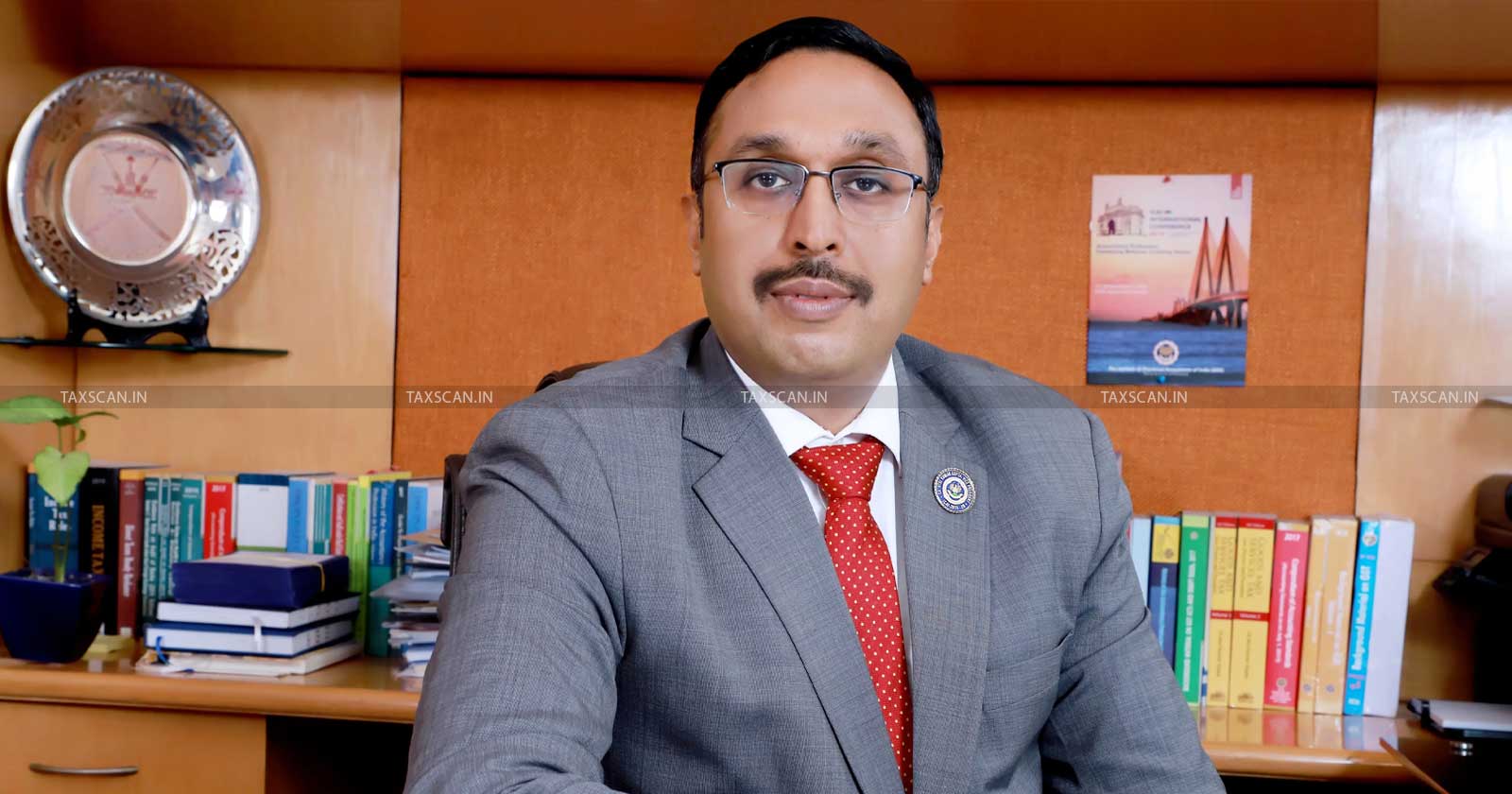ITAT Affirms CIT(A)'s Deletion of Bad Debts of ₹1.26 Cr, Management Fee and Depreciation Citing Submission and Verification of Evidence [Read Order]
The Tribunal observed that the order was passed giving relief to the assessee after the evidence was filed and verified by the CIT(A).
![ITAT Affirms CIT(A)s Deletion of Bad Debts of ₹1.26 Cr, Management Fee and Depreciation Citing Submission and Verification of Evidence [Read Order] ITAT Affirms CIT(A)s Deletion of Bad Debts of ₹1.26 Cr, Management Fee and Depreciation Citing Submission and Verification of Evidence [Read Order]](https://images.taxscan.in/h-upload/2025/11/21/2107202-whatsapp-image-2025-11-21-at-50428-pm.webp)
The Delhi Bench of the Income Tax Appellate Tribunal (ITAT) upheld the Commissioner of Income tax (Appeals) [CIT(A)]’s order, which had deleted disallowances related to bad debts, management fees, and depreciation.
Aircom International India Pvt. Ltd (assessee) is engaged in the business of software solutions and consultancy services in the area of telecommunications. The Assessing Officer (AO) had made disallowances on account of software license fee, management fee, bad debts, and depreciation.
Aggrieved by the AO’s order, the assessee filed an appeal before the CIT(A). The CIT(A) deleted the addition of ₹1.26 Cr bad debts, management fee and depreciation citing the evidence submitted by the assessee. Aggrieved by the CIT(A)’s order, the assessee filed an appeal before the ITAT.
 Also Read:Partner’s Expenses Incurred for Business Purposes are Deductible u/ Income Tax: ITAT Grants Relief to Former ICAI President Atul Gupta [Read Order]
Also Read:Partner’s Expenses Incurred for Business Purposes are Deductible u/ Income Tax: ITAT Grants Relief to Former ICAI President Atul Gupta [Read Order]
The Revenue argued that the CIT(A) had relied on additional evidence from the assessee and decided the issues in the assessee's favor without calling for a remand report. The Revenue argued that if new evidence was filed at the appellate stage, it was required to be admitted only in accordance with Rule 46A of the Income-tax Rules.
The two-member bench, comprising S. Rifaur Rahman (Accountant Member) and Anubhav Sharma (Judicial Member) observed that the AO had disallowed the management fee due to a lack of supporting documents (like bills/invoices/advices) and was not satisfied with the nexus between the earnings and the fees paid to the parent company.
Complete Blueprint for Preparing Project Reports, click here
The tribunal also observed that the CIT(A) deleted the disallowance, noting that a Management Services Agreement with Aircom UK showed the parent company provided various support services, establishing the payments were incurred wholly and exclusively for the business.
The tribunal observed that the CIT(A) relied upon was a copy of Form 26AS pertaining to Aircom UK, which established the actual payment and details of TDS deducted during the year. The Tribunal held that the CIT(A) appreciated the evidence afresh regarding the use of services and it was not a case of admitting new evidence.
The tribunal observed that the disallowance of bad debts amounted to ₹1,26,71,902. The tribunal observed that before the CIT(A), the assessee filed invoices raised during the year. The tribunal held that the CIT(A) verified these and concluded that the invoices were accounted for on an accrual basis in earlier assessment years.
The bench observed that the AO had disallowed depreciation because the assessee had not furnished bills/vouchers for the purchase of fixed assets and the assessee produced the same before the CIT(A).
The Tribunal observed that the order was passed giving relief to the assessee after the evidence was filed and verified by the CIT(A).
 Also Read:Disallowance of Stock Write-Down u/s 37(1) without Examining Evidence Unjustified: ITAT Remands Matter for Fresh Adjudication [Read Order]
Also Read:Disallowance of Stock Write-Down u/s 37(1) without Examining Evidence Unjustified: ITAT Remands Matter for Fresh Adjudication [Read Order]
The Tribunal found the Revenue's assertion to be without substance since the Revenue could not establish that the assessee was called upon to file specific evidence which were not filed before the AO. The appeal of the Revenue was dismissed
Support our journalism by subscribing to Taxscan premium. Follow us on Telegram for quick updates


